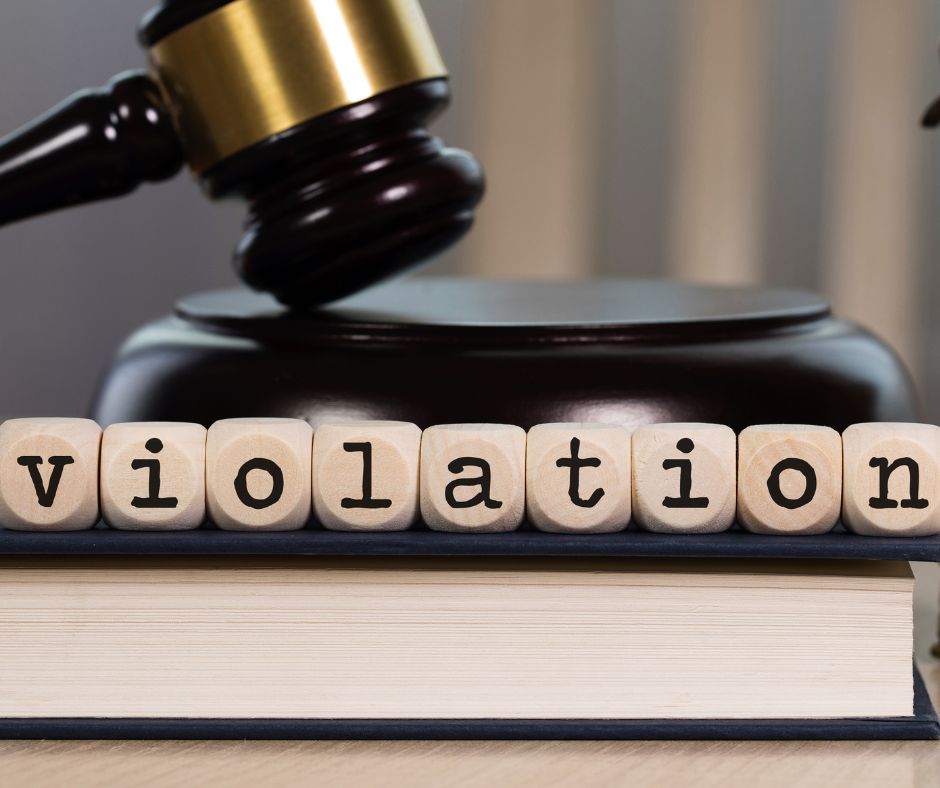SEC Violations: What You Need to Know

The Securities and Exchange Commission (SEC) plays a vital role in safeguarding the integrity of the securities market in the United States. They investigate and take action against individuals or entities that violate securities laws. Securities violations encompass a range of unlawful activities related to securities trading, including fraud, insider trading, market manipulation, and failure to disclose material information. These violations have serious consequences, such as financial losses for investors and damage to market integrity.
The SEC conducts investigations using various methods and techniques to uncover evidence of wrongdoing. If faced with a securities investigation, it is crucial to have aggressive legal representation to navigate the process effectively. Understanding securities violations, the SEC’s investigative approach, and the importance of skilled legal counsel is essential for individuals involved in the securities industry.
What are Securities Violations?
To put it simply, SEC violations are breaches of rules and regulations set forth by the Securities and Exchange Commission (SEC). The SEC is the government agency responsible for regulating the securities industry, which includes stocks, bonds, and other investment instruments.
Its primary mission is to protect investors, maintain fair and efficient markets, and facilitate capital formation. When individuals or entities fail to adhere to the rules set by the SEC, they commit SEC or securities violations.
The Most Commonly Reported Securities Violations
The SEC receives numerous reports of securities violations on a regular basis. SEC violations come in various forms, but some are more prevalent than others.
Let’s take a closer look at the most common securities violations:
1. Insider Trading
One of the most common securities violations is insider trading, which strikes at the core of fairness in the securities industry. Insider trading occurs when an individual with non-public, material information about a security engages in buying or selling that security. This unethical practice gives them an unfair advantage over others in the market. In recent years, the SEC has stepped up its enforcement efforts against insider trading, resulting in significant monetary sanctions for wrongdoers.
2. Accounting Fraud
Accounting fraud, another common SEC violation, involves the manipulation of financial statements to deceive investors. Companies alleged to engage in accounting fraud may inflate revenues, conceal expenses, or misrepresent assets, all to paint a rosier financial picture than reality. These actions not only undermine the integrity of financial markets but also harm investors who rely on accurate information to make informed decisions.
3. Ponzi Schemes
Ponzi schemes have been a scourge on the securities industry for over a century. These fraudulent investment schemes promise high returns but operate by using funds from newer investors to pay earlier ones, rather than generating legitimate profits. Over the past decade, the SEC has cracked down on Ponzi schemes, uncovering vast networks of deceit that have cost investors millions.
4. Market Manipulation
Market manipulation is a grave violation of federal securities laws. It involves actions aimed at artificially inflating or deflating the price of a security or influencing market behavior for personal gain. Such manipulation undermines the fair and orderly function of financial markets, eroding investor confidence in the process.
These violations undermine the fairness and transparency of the securities market, and the SEC takes them very seriously.
The Securities Exchange Commission (SEC) Investigations of Securities Violations
The Securities Exchange Commission has its own division called the Division of Enforcement that is responsible for investigating potential securities violations. This division comprises experienced attorneys, accountants, and other professionals who specialize in securities law. They have the expertise and resources to thoroughly investigate alleged violations and gather evidence to support their cases.
When investigating securities violations, the SEC has the authority to collect evidence through various means. They can subpoena documents, interview witnesses, and analyze financial records. They also work closely with other law enforcement agencies and regulatory bodies to gather additional evidence. The SEC is diligent in its efforts to collect as much evidence as possible to build a strong case against the alleged violators.
Can the SEC Bring Criminal Charges?
The Securities and Exchange Commission (SEC) primarily enforces civil actions to address securities violations, such as imposing fines, penalties, or restraining orders. However, it’s important to note that the SEC itself cannot bring criminal charges against individuals or entities. Instead, the SEC works closely with law enforcement agencies, such as the U.S. Department of Justice (DOJ), which have the authority to pursue criminal charges in cases of severe securities fraud or other criminal activities.
When the SEC uncovers evidence of potential criminal misconduct during its investigations, it often refers these cases to the DOJ or other relevant authorities. The DOJ has the power to initiate criminal proceedings, which can result in significant consequences, including imprisonment, for individuals found guilty of criminal securities violations.
Getting Legal Representation for Securities Violations
Given the serious nature of SEC violations, it is crucial for individuals or entities facing allegations to seek aggressive legal representation. A law firm experienced in securities law can provide the necessary guidance and defense strategies to protect their clients’ interests.
By working with a dedicated attorney, you can increase your chances of achieving a favorable outcome.
When facing an SEC investigation, it is essential to choose a law firm with a proven track record in handling similar cases. The attorney should have in-depth knowledge of securities laws, experience in dealing with the SEC, and the ability to analyze and interpret complex financial information. They should also be skilled negotiators and have the resources to mount a strong defense.
You should also look for a law firm that not only provides legal representation but also serves as a resource and support system throughout the entire process.
Call My RIA Lawyer for Securities Litigation Today
At My RIA Lawyer, we understand that SEC violations can be daunting and complex. Our seasoned legal professionals specialize in securities litigation and have a deep understanding of federal securities laws. Whether you’re an individual investor or a business entity, we are committed to providing you with the legal counsel and representation you need.
Our goal is to protect your rights and interests throughout the SEC enforcement process. We have a proven track record of helping clients navigate the intricacies of securities investigations, from insider trading allegations to accounting fraud cases.
Don’t face SEC violations alone. Contact us today for a consultation.
